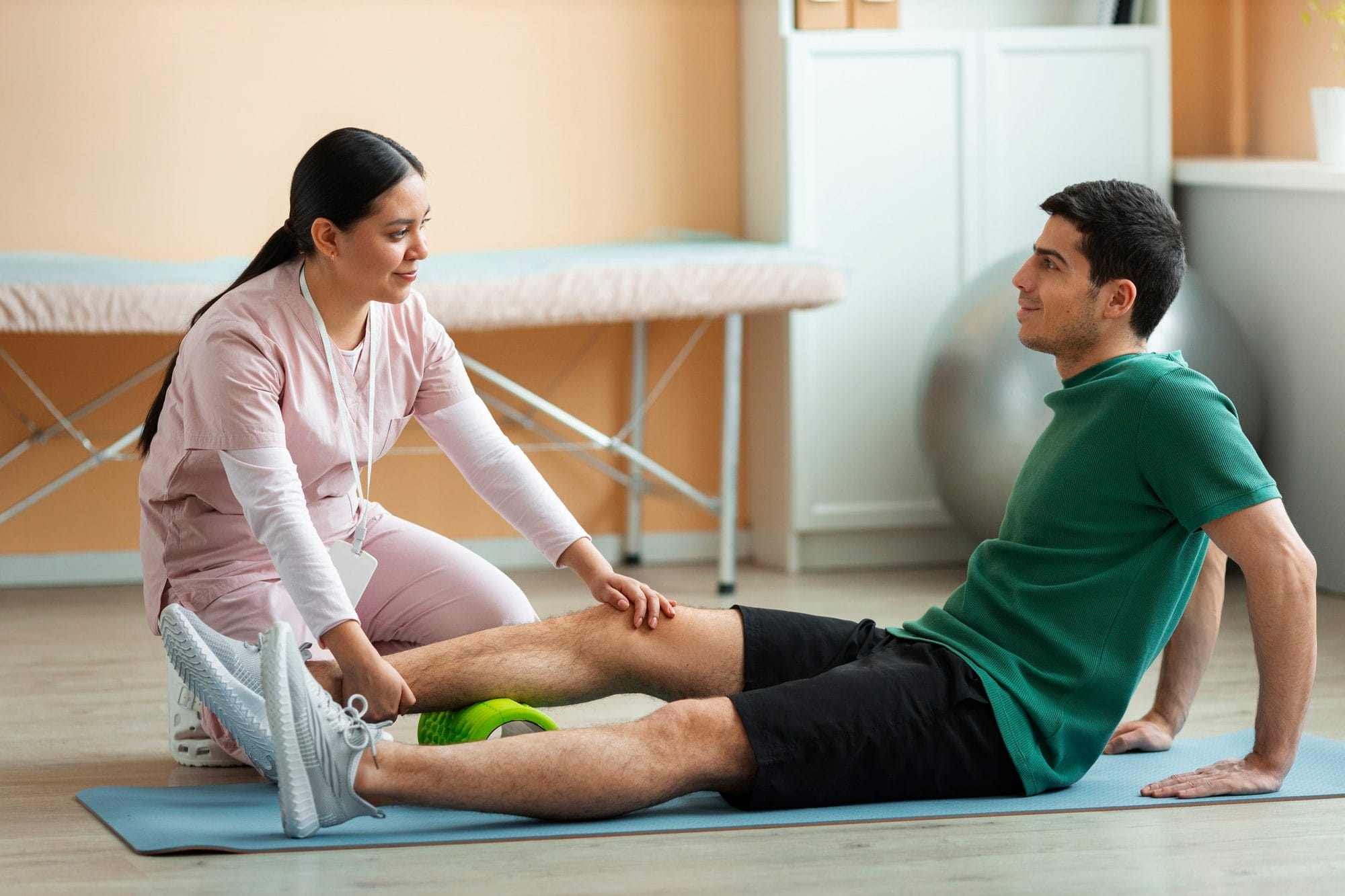Recovery Techniques: Optimize Rest for Better Fitness
Learn how to speed up fitness recovery with sleep, nutrition, stress relief & more. Includes a free Stress & Anxiety Calculator to support total wellness.

🧘 Introduction
Let’s be honest: recovery often gets treated like an afterthought. You smash a workout, chug a shake, and maybe stretch a little. But the truth is—recovery is where the magic happens.
If your goal is better strength, more energy, faster fat loss, or mental clarity, then optimizing your recovery is non-negotiable. This guide will walk you through practical techniques to help your body and mind bounce back stronger, day after day.
💡 Why Recovery Matters
- Muscles repair and grow during rest—not during workouts.
- Recovery reduces risk of injury and burnout.
- Proper rest boosts mood, memory, immunity, and metabolism.
- Overtraining without recovery leads to plateaus and fatigue.
🔄 How Recovery Works in Your Body
Here’s what your body is doing after you exercise:
- 🔬 Rebuilding muscle tissue broken down during exercise
- 💧 Replenishing glycogen stores (fuel)
- 📉 Regulating stress hormones like cortisol
- 🛌 Repairing inflammation and immune cells
Without intentional rest, your body struggles to complete these vital processes.
🛌 Sleep: The Most Powerful Recovery Tool
- Muscle-building hormones like growth hormone peak during deep sleep.
- Poor sleep = more cortisol, more cravings, more fatigue.
- 7–9 hours of quality sleep helps regulate body composition, mental focus, and healing.
Tip: Power down screens an hour before bed and create a sleep routine like stretching or journaling.
🍲 Eat to Heal: Recovery Nutrition
- Protein: Rebuilds muscle fibers. Aim for 20–30g post-workout.
- Carbs: Replenish energy. Include fruits, whole grains, or sweet potatoes.
- Fats: Support hormones. Add nuts, olive oil, or avocado.
- Hydration: Dehydration slows down recovery. Drink water + electrolytes.
🌿 Manage Stress to Improve Recovery
Chronic stress keeps your body in “fight or flight,” blocking recovery. Try:
- 🧘 Breathwork or meditation for 5–10 minutes
- 📓 Journaling thoughts and gratitude
- 🚶♂️ Light walks outdoors—bonus if in nature
- 🎧 Calming music or audiobooks
🧮 Try Our Free Stress & Anxiety Calculator
Want to understand your stress levels and how it affects your recovery?
Use our Stress & Anxiety Calculator to check in on your mental health and get personalized guidance.
- ✅ Quick and easy assessment
- ✅ Helps you adjust workouts and rest days
- ✅ Built to support whole-body wellness
Can’t find it? Just use our search bar and type “stress calculator.”
❄️ Cold or Heat? Which Works Best?
- Ice Baths: Reduce inflammation post-training or injury
- Heat Packs: Loosen stiff muscles, improve circulation
- Contrast Therapy: Alternating hot and cold boosts recovery in athletes
Listen to your body: Use what feels right based on soreness and energy levels.
📅 Sample Weekly Recovery Schedule
- Monday: Full-body strength + post-workout stretching
- Tuesday: Cardio + mobility work
- Wednesday: Rest day + meditation
- Thursday: Lower-body + foam rolling
- Friday: Upper-body + walking recovery
- Saturday: Yoga or light core
- Sunday: Rest and reflect
🧠 Don’t Forget Mental Recovery
Mental fatigue is just as real as physical. If you’re feeling irritable, foggy, or emotionally drained, try:
- 🎨 Creative hobbies (drawing, music, cooking)
- 👥 Talking to a friend or coach
- 📵 Taking a tech detox or digital Sabbath
✅ Final Takeaway: Recovery is a Lifestyle
- 🛌 Sleep fuels every system in your body
- 🍽 Nutrition feeds the healing process
- 🧠 Stress management keeps the mind strong
- 📅 Recovery habits create sustainable progress
Think of recovery not as taking a break—but as a strategic move. Your strongest self is built while resting smart.




